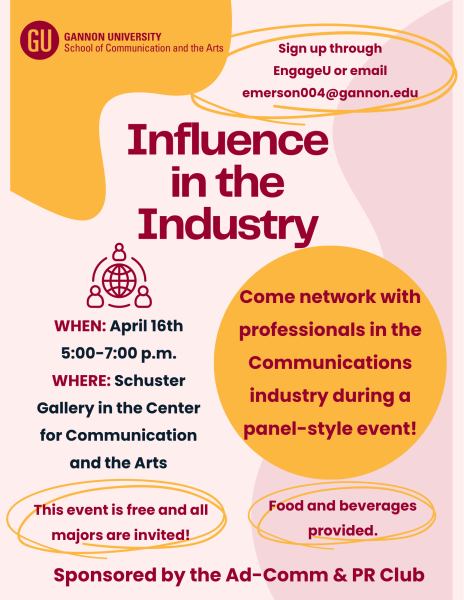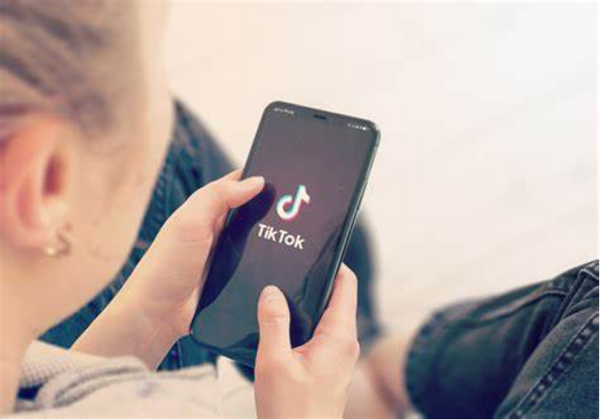Last week as I was appointed editor-in-chief of The Gannon Knight for the next school year, I found myself more anxious than excited. With the amount of uncertainty in the world right now, my generalized anxiety is heightened and the people who once preached about the importance of women in roles of leadership seem to disappear. I was going to write about the hypocrisy that stems from the issue and the doubt that seeded itself in my mind as a result, but my advisor talked me down from the edge, as he does all too often.
In a conversation recently, he said to me, “Let the petty things that people do and say go by. You’re young; you have time to learn and grow.”
So, I’m going to take this week as an opportunity to grow and maintain my mental health. Like many other students, my workload seems unbearable and my coping skill of escaping to Starbucks has been deemed impossible. No matter the amount of classical music, essential oils and breathing exercises I do, my heart continues to race out of my chest. Simply put, I feel alone and overwhelmed.
As they often do, actions can speak louder than words, but at a time like this, when your actions are limited, your words carry more weight than you know. That’s when toxic positivity comes in.
Defined by Tanglaw Mental Health, toxic positivity is the excessive and ineffective overgeneralization of a happy and optimistic state that minimizes and invalidates a genuine human experience.
In other words, not acknowledging the negative nature of a situation can be more detrimental to a person’s health. As applicable in our current situation, it’s unreasonable to make someone feel badly for how they react to isolation and anxiety.
Instead of saying “It could be worse” or “Always look at the bright side,” Tanglaw suggests using language like, “Sometimes we experience bad things. How can I support you?” or, “It can be difficult to see the good in this situation, but we’ll make sense of it when we can.”
Hiding the pain and fear we feel just dismisses the emotion in a way that isn’t beneficial. Even though I’ve heard the similar concerns and stories of multiple students in difficult situations right now, I continue to feel guilty for my own response. I feel ashamed for having negative emotions when I have every right to feel the way I do. I shouldn’t be ashamed.
We can make the best out of a global pandemic without falsely spewing phrases that are more harmful than helpful. The weight of your words should extend beyond what can be etched into a pillow and sold at Hobby Lobby.
This week I hope you hold yourself and others accountable for the words you speak and how they affect everyone around you.
CHLOE FORBES
[email protected]

















